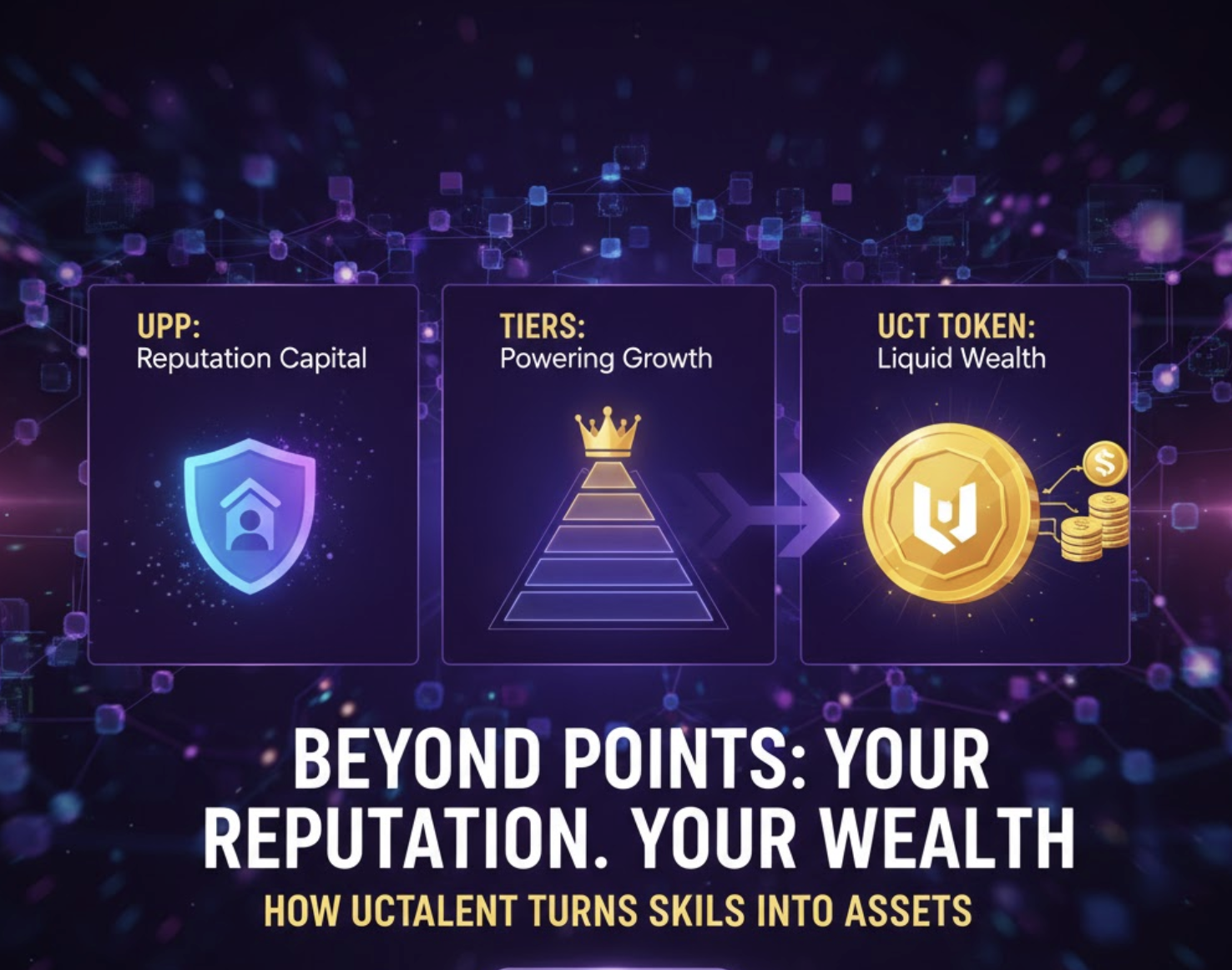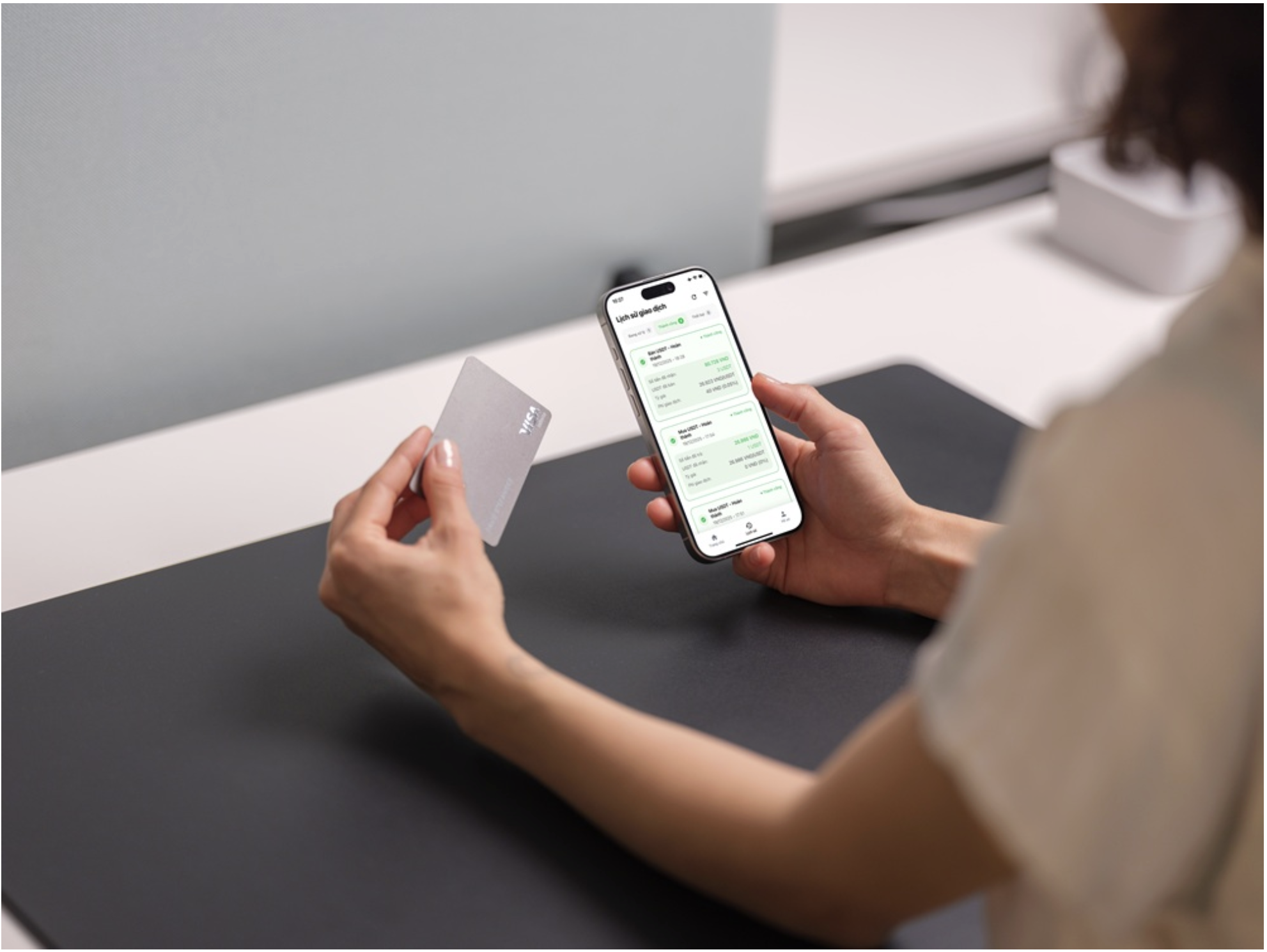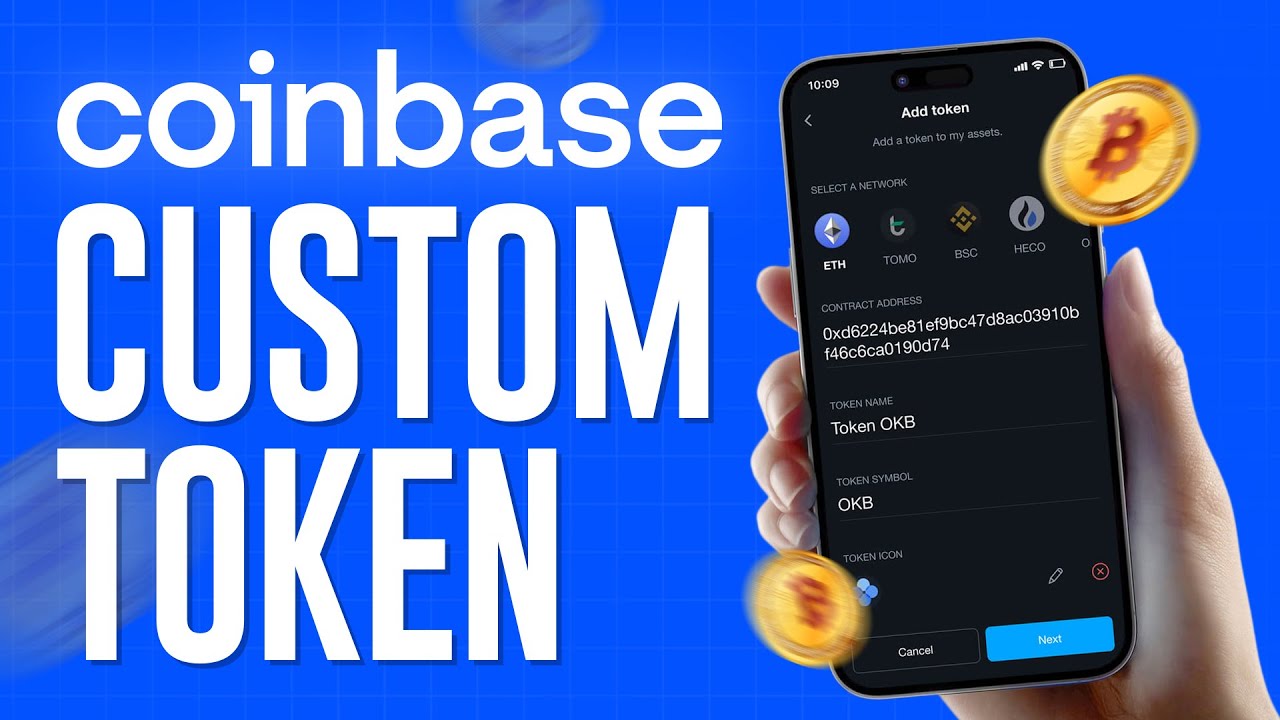Unlocking the Digital Revolution: A Beginner's Guide to NFTs
In recent years, NFTs (Non-Fungible Tokens) have exploded in popularity, attracting attention from artists, collectors, investors, and tech enthusiasts. If you're new to this concept and curious about what NFTs are, how they work, and why they have become so significant, this beginner's guide will walk you through the essential information you need to know.
What is an NFT?
NFT stands for Non-Fungible Token, a unique digital asset stored on a blockchain. Unlike cryptocurrencies like Bitcoin or Ethereum, which are fungible and interchangeable, NFTs are distinct items with specific values tied to their uniqueness. Each NFT is one-of-a-kind, making it impossible to exchange one NFT for another of equal value.
In simple terms, an NFT represents ownership or proof of authenticity for digital assets, such as art, music, videos, and in-game items. These assets can be bought, sold, and traded, with ownership being recorded on the blockchain, making transactions transparent and secure.

How Do NFTs Work?
NFTs are created using blockchain technology, most commonly on the Ethereum network. When you buy an NFT, you’re essentially buying a token that proves your ownership of the digital item it represents. This transaction is recorded on the blockchain, which is a decentralized, public ledger that ensures transparency and immutability.
NFTs use smart contracts, which are self-executing contracts with the terms of the agreement directly written into code. These contracts ensure that when an NFT is bought or sold, the transaction is completed automatically, and the ownership is transferred without the need for intermediaries.
Types of NFTs
- Digital Art: One of the most common types of NFTs is digital artwork. Artists can mint their creations as NFTs, allowing them to sell their art in digital format while retaining proof of originality and ownership.
- Collectibles: NFTs can represent digital collectibles, such as trading cards or virtual items from games. These collectibles are highly sought after by enthusiasts and can increase in value over time.
- Music and Media: Musicians and content creators can sell their work as NFTs, giving fans the opportunity to own exclusive tracks, videos, or limited-edition content.
- Virtual Real Estate: Some platforms allow users to buy, sell, and trade virtual land and properties in a digital world. These pieces of virtual real estate are sold as NFTs.
- Gaming Items: Many video games incorporate NFTs, allowing players to purchase unique in-game items, such as weapons, skins, or characters, which they can own and trade outside of the game.

Why Are NFTs Valuable?
NFTs have garnered immense value for several reasons:
- Scarcity: The rarity of an NFT can drive up its value. For example, if only a few versions of a specific digital artwork exist, collectors may be willing to pay a premium for ownership.
- Ownership and Provenance: NFTs allow creators to retain control over their work and prove authenticity, which adds value. Buyers can rest assured they are getting the genuine piece, rather than a copy.
- Royalties: Many NFTs come with built-in royalties, meaning that the original creator can receive a percentage of profits every time the NFT is resold. This provides a continuous revenue stream for artists.
- Community and Access: Owning an NFT can grant exclusive access to online communities, events, or experiences. For example, certain NFTs may act as a membership to special clubs or access to future digital releases.
How to Buy and Sell NFTs
If you’re interested in getting started with NFTs, here’s a simple guide:
- Set Up a Digital Wallet: To buy or sell NFTs, you need a digital wallet that supports cryptocurrency transactions. Wallets like MetaMask or Coinbase Wallet are popular choices.
- Buy Cryptocurrency: Since most NFTs are built on the Ethereum blockchain, you'll need some Ether (ETH) to purchase NFTs. You can buy ETH from cryptocurrency exchanges like Binance, Coinbase, or Kraken.
- Choose an NFT Marketplace: After setting up your wallet and buying cryptocurrency, you'll need to choose an NFT marketplace to browse and make your purchase. Some popular NFT platforms include OpenSea, Rarible, and Foundation.
- Mint or Purchase an NFT: If you're an artist or creator, you can mint (create) an NFT by uploading your digital work to the marketplace and setting a price. If you're a buyer, simply browse through the marketplace and make a purchase using your cryptocurrency.
- Store or Trade: Once you've purchased an NFT, you can either keep it in your digital wallet or sell it in the marketplace if its value appreciates.

Risks and Considerations
While NFTs offer exciting opportunities, it’s essential to be aware of the risks:
- Volatility: The NFT market can be volatile, with prices fluctuating based on demand. What is valuable today might not hold the same value tomorrow.
- Environmental Concerns: Minting and trading NFTs on certain blockchains can have a significant environmental impact due to the energy-intensive nature of blockchain technology.
- Legal and Copyright Issues: Ensure that the NFT you're purchasing is being sold by the rightful owner, as there have been cases of stolen artwork or unauthorized sales.
Conclusion
NFTs have revolutionized the way we think about digital ownership, offering artists, creators, and collectors new ways to engage with content and each other. Whether you're a creator looking to monetize your digital work or a collector looking to invest in rare and unique digital assets, understanding the basics of NFTs is the first step to navigating this innovative space. As the world of NFTs continues to grow, staying informed and aware of the latest trends and developments will help you make smarter decisions in the market.
NFTs are still evolving, and while there is much potential, it's essential to approach the market with caution and curiosity.
For additional insights and resources on technology and blockchain, check out these articles:
- A Beginner’s Guide: Decentralized Finance (DeFi)
- DApps: A Beginner's Guide to Decentralized Applications in Web3
- Smart Contracts Unveiled: A Beginner’s Guide to the Future of Digital Agreements
- Cryptocurrencies 101: The Backbone of the Web3 Economy
Want to stay ahead in the fast-evolving blockchain industry? Join UCTalent today for the latest news, comprehensive guides, and exclusive insights designed to accelerate your career!
Become part of our community to access expert advice, essential tools, and winning strategies to succeed in blockchain and Web3. Don’t wait—register now and take your first step toward mastering the future of blockchain!












